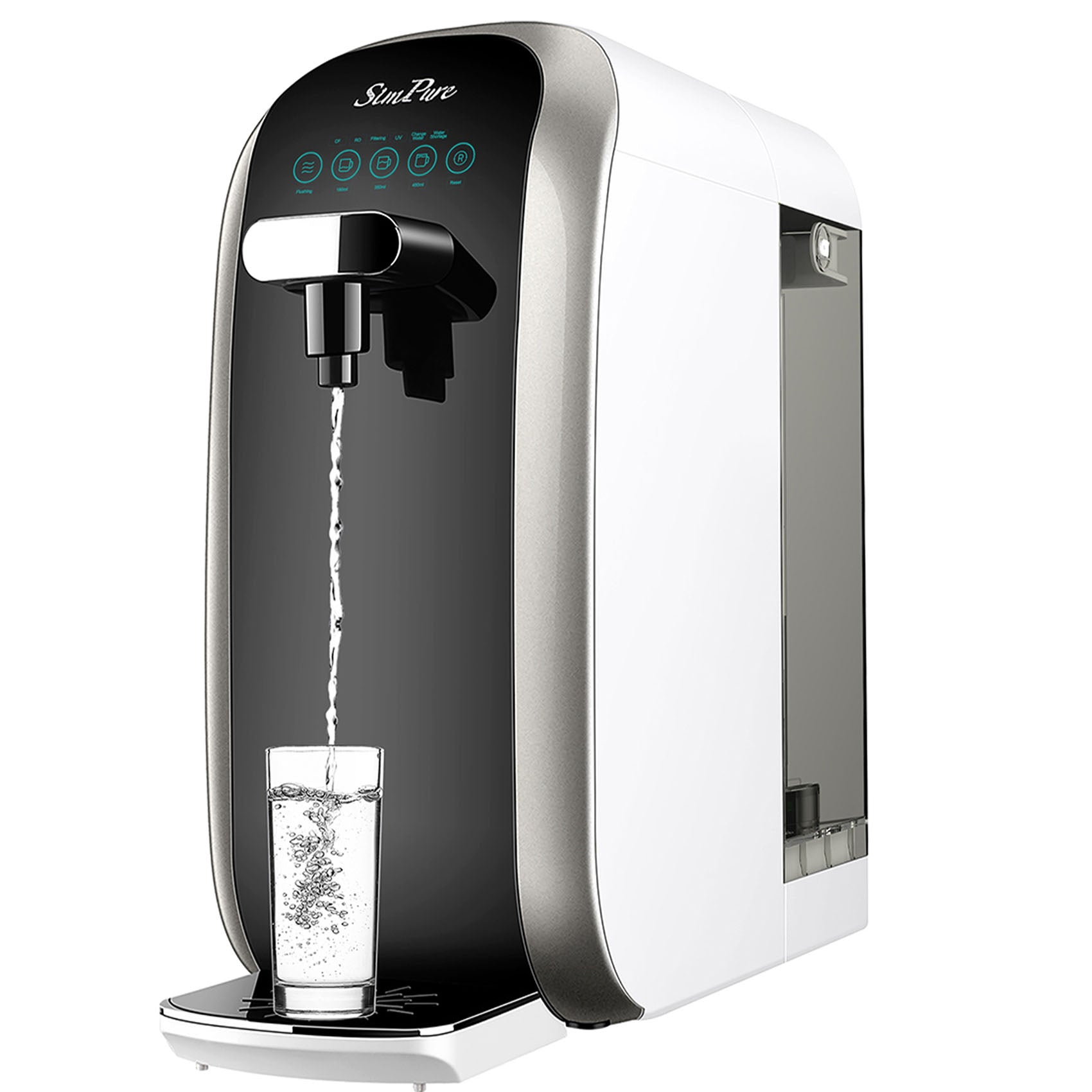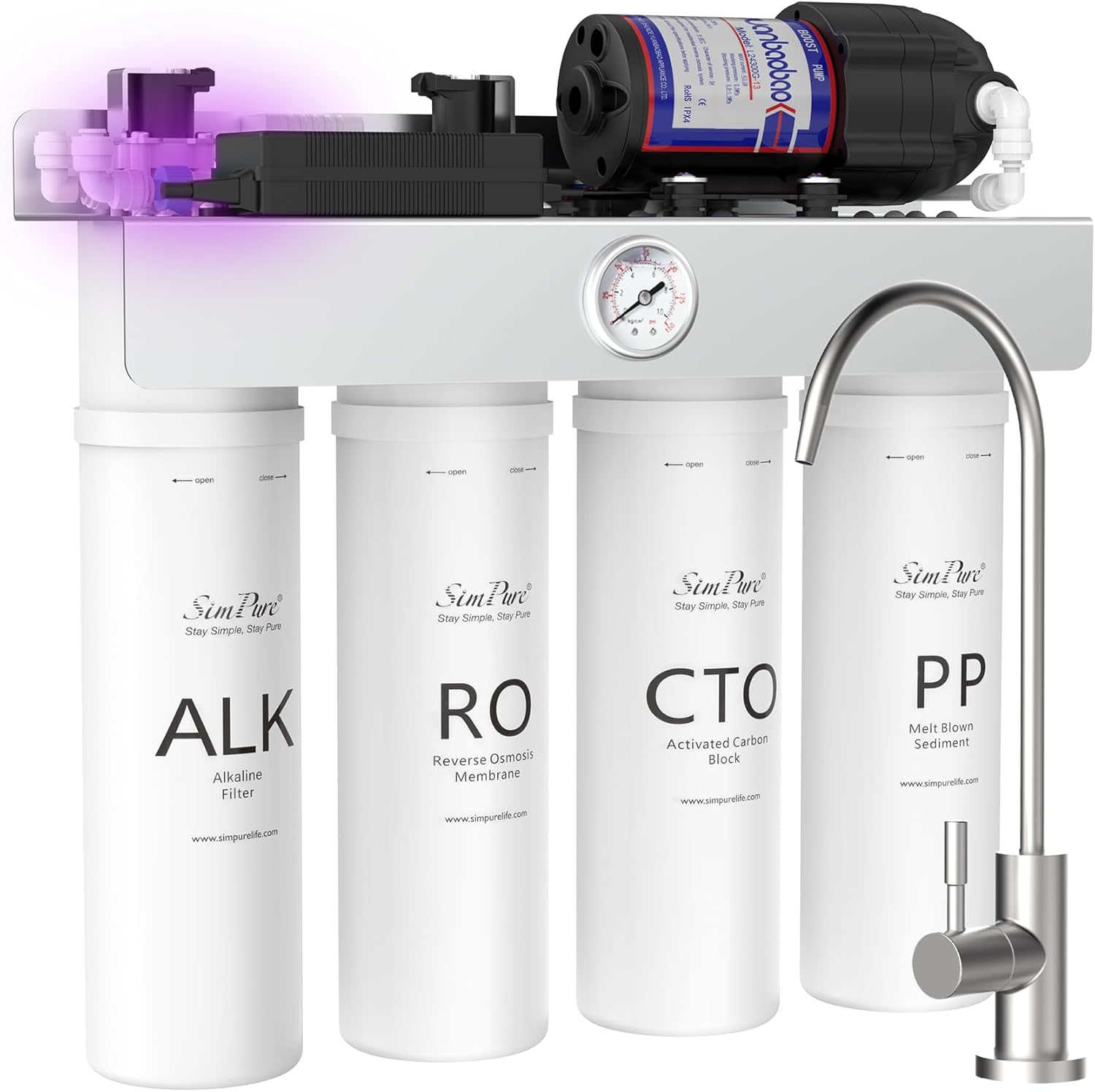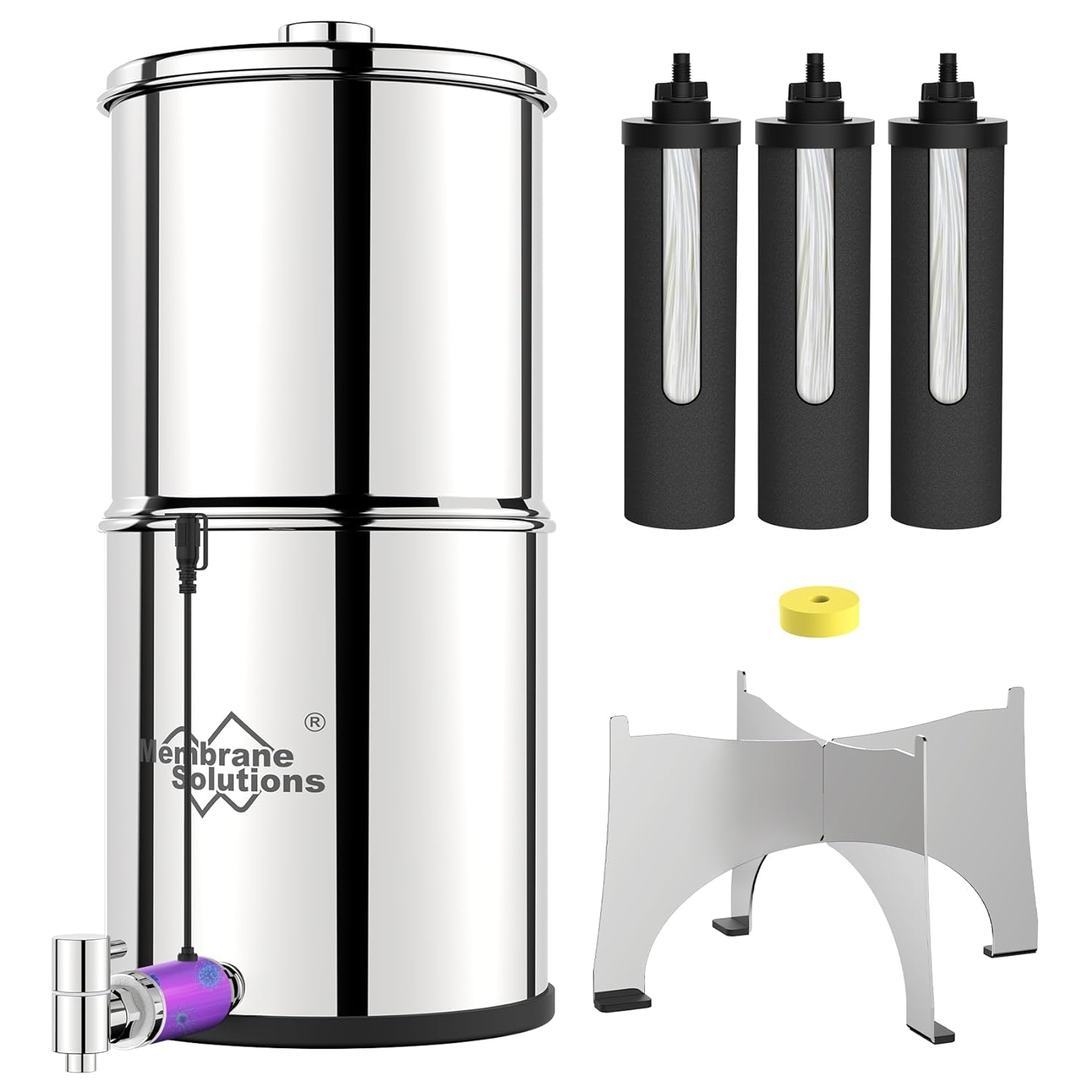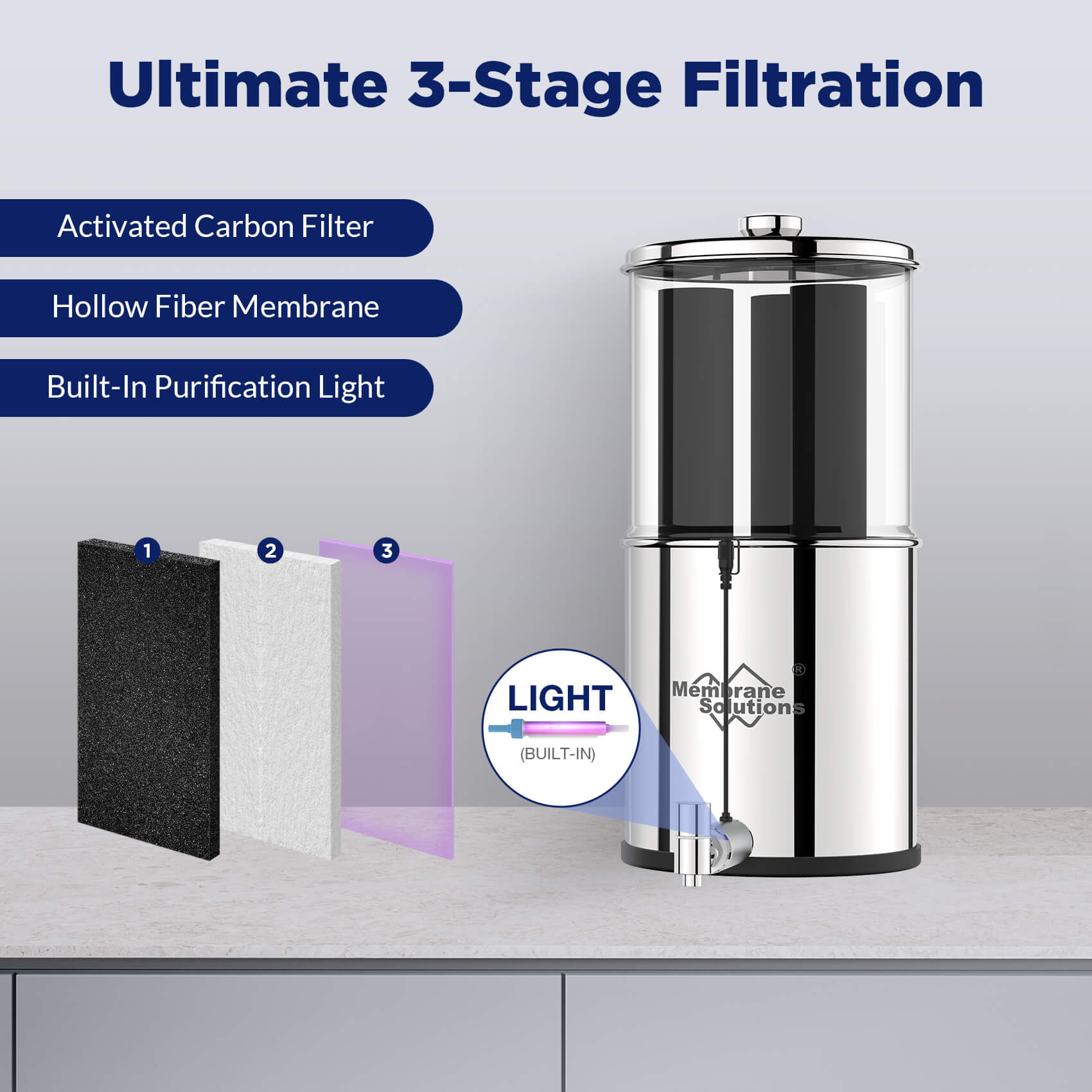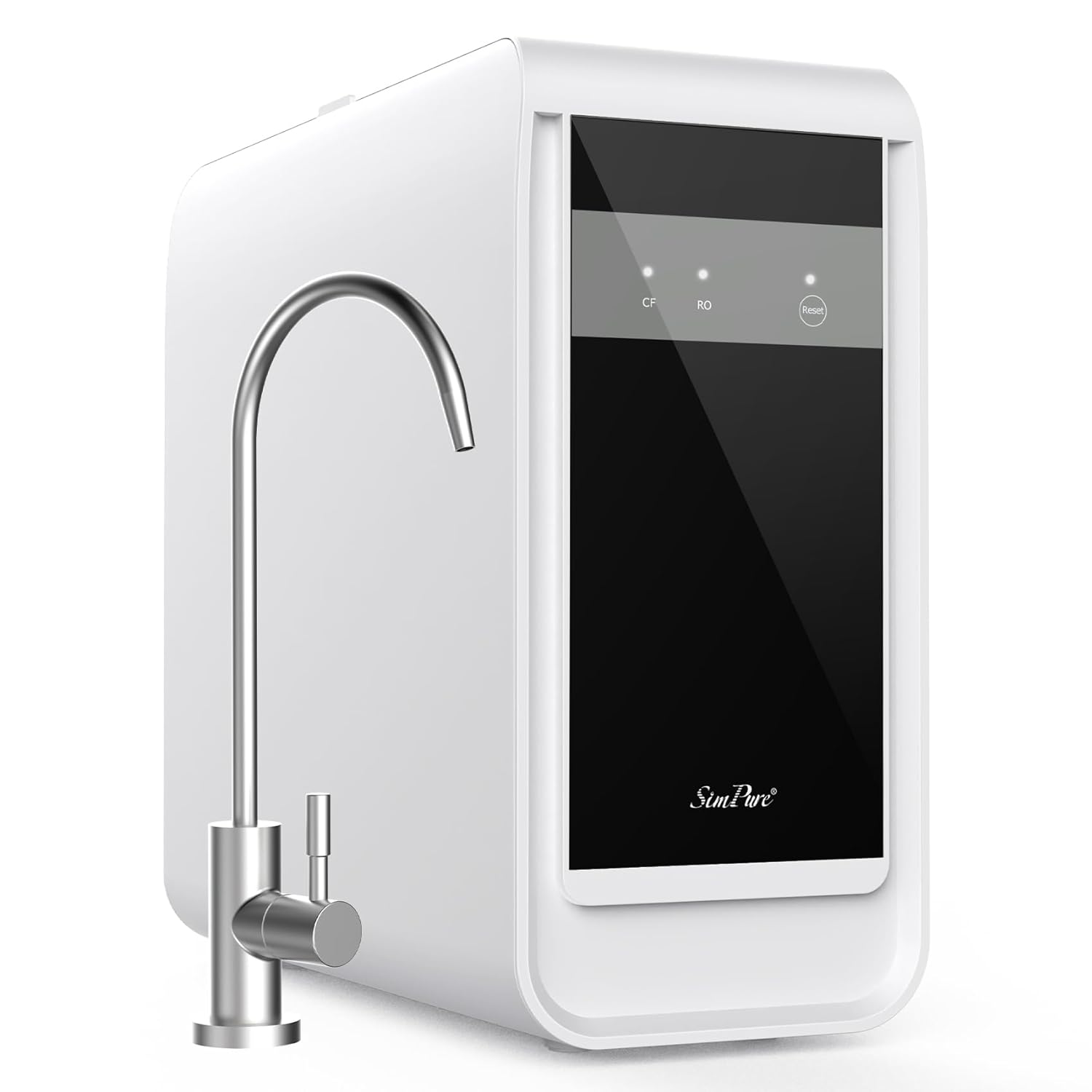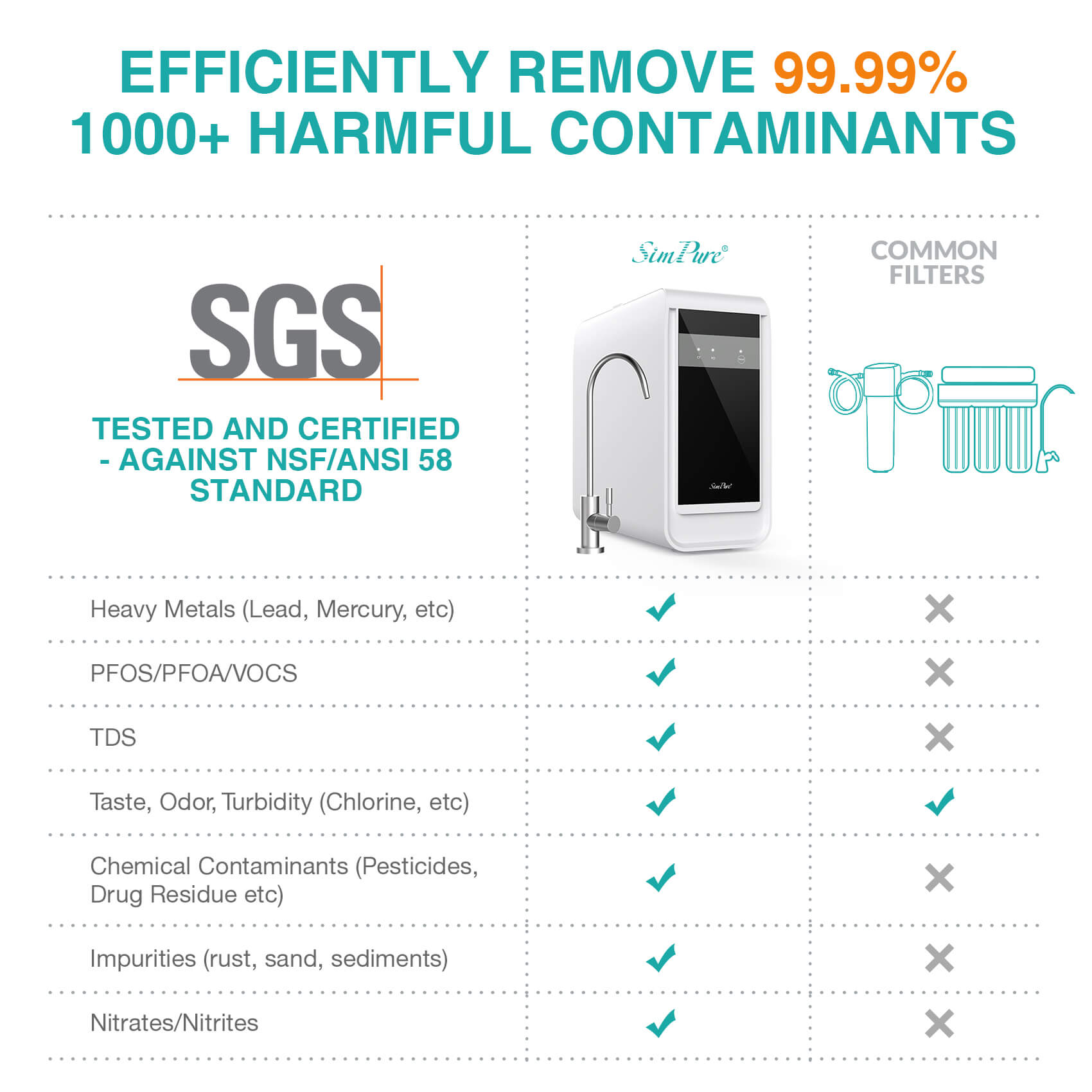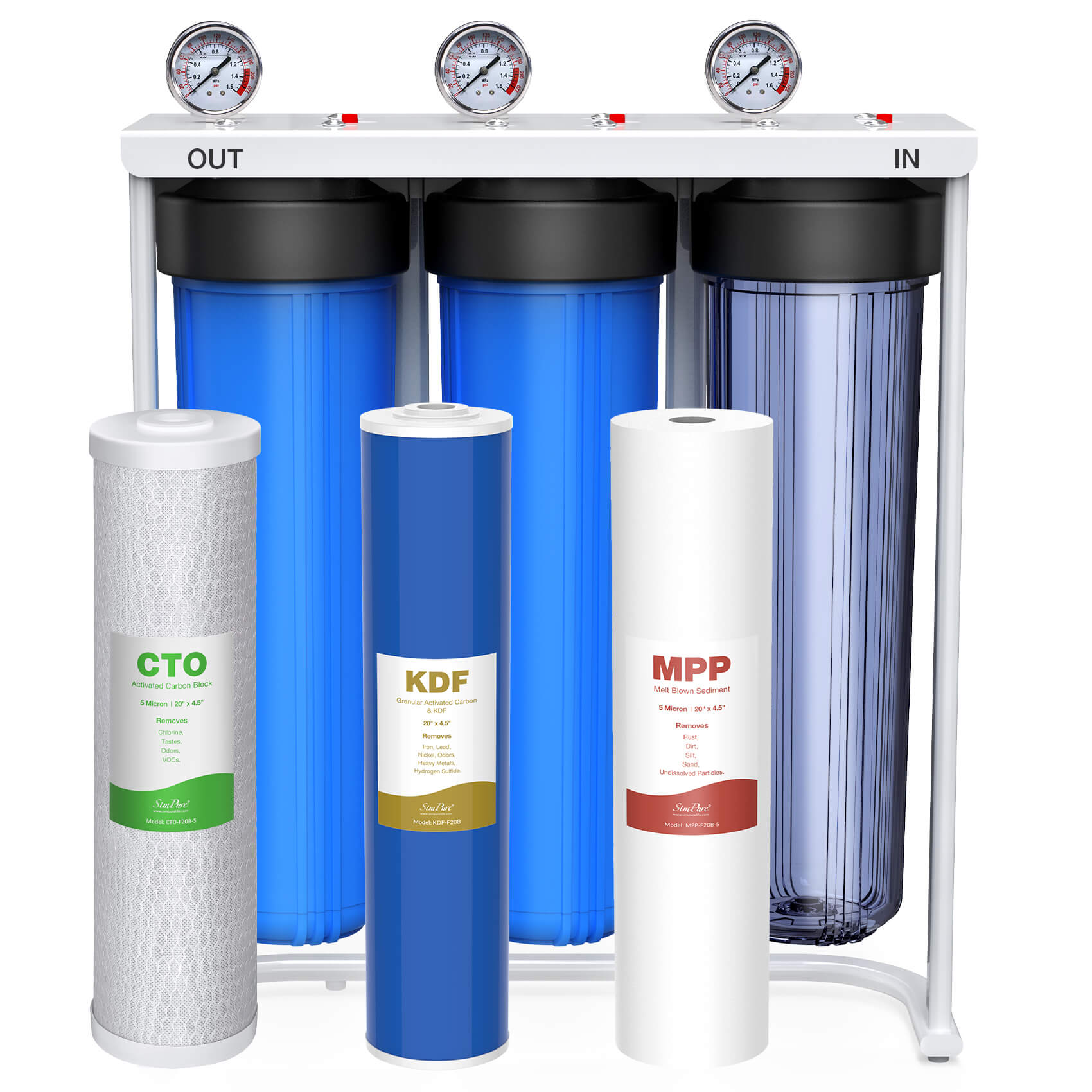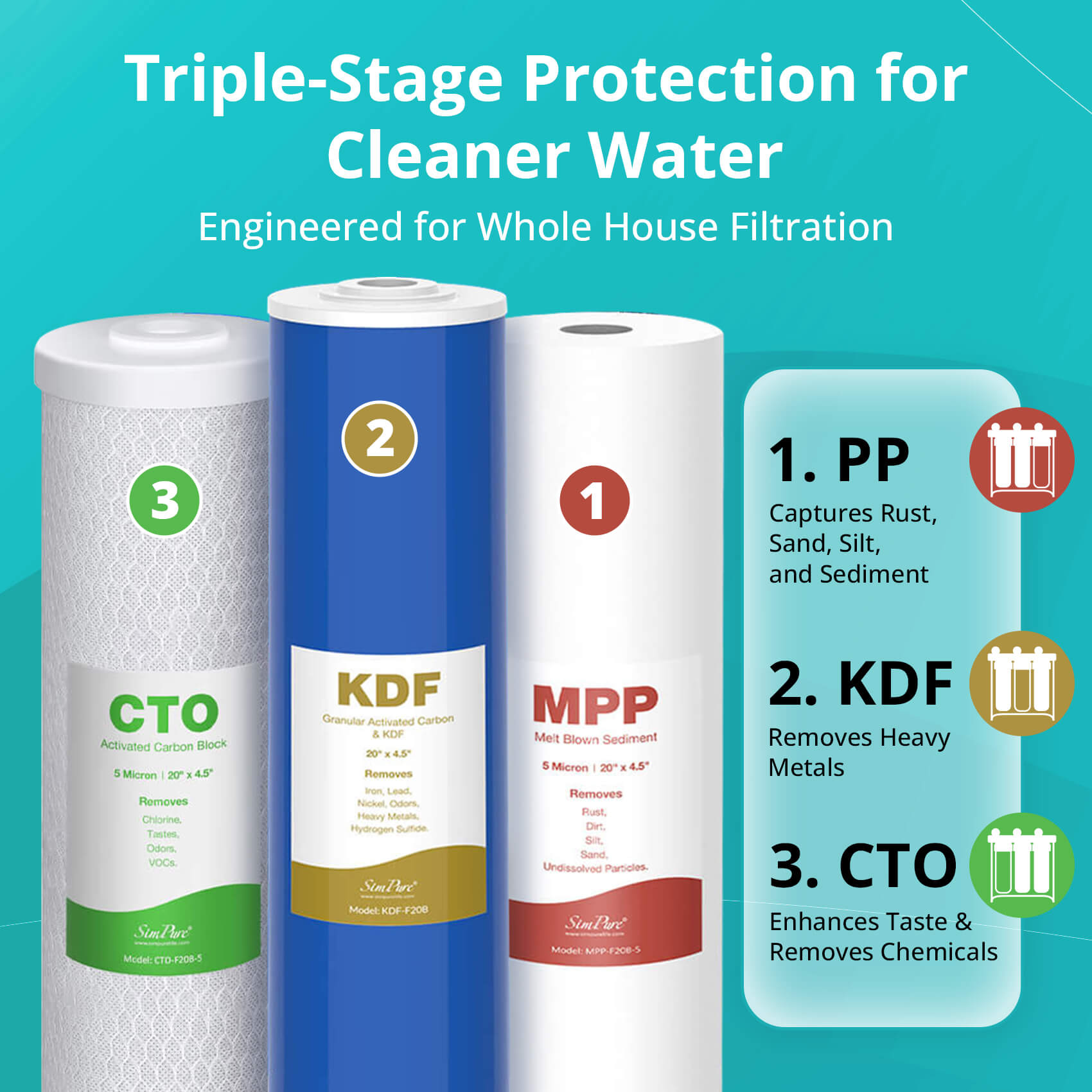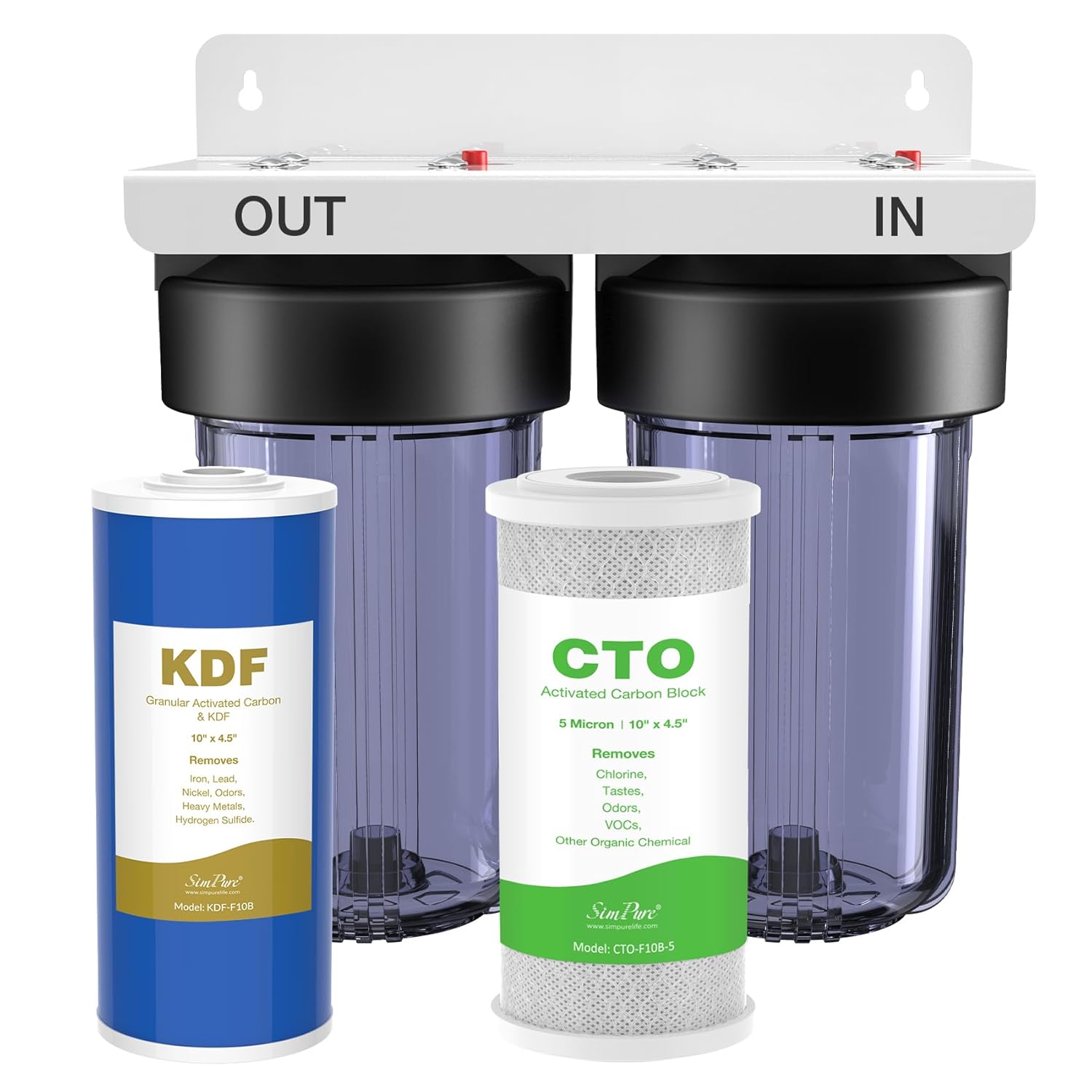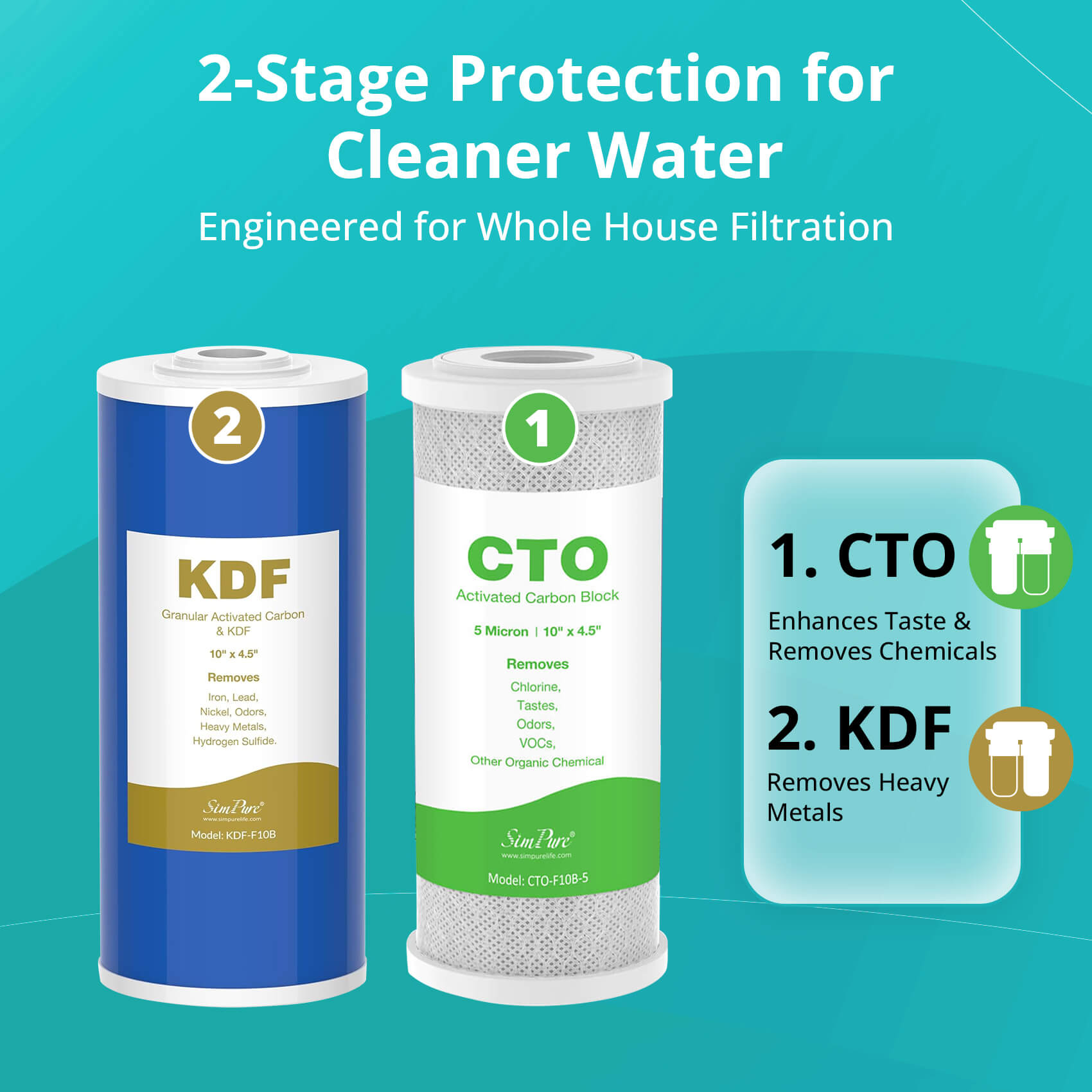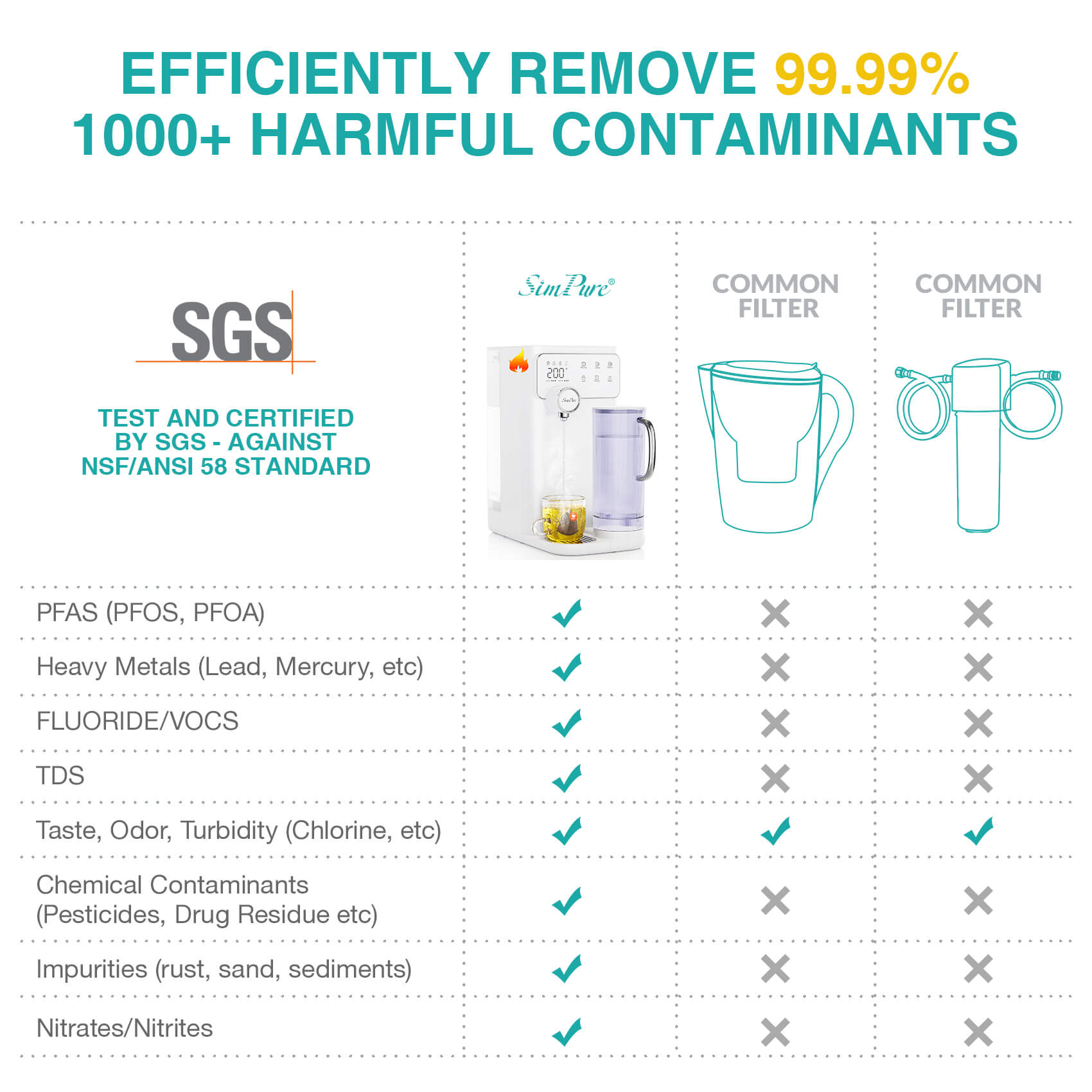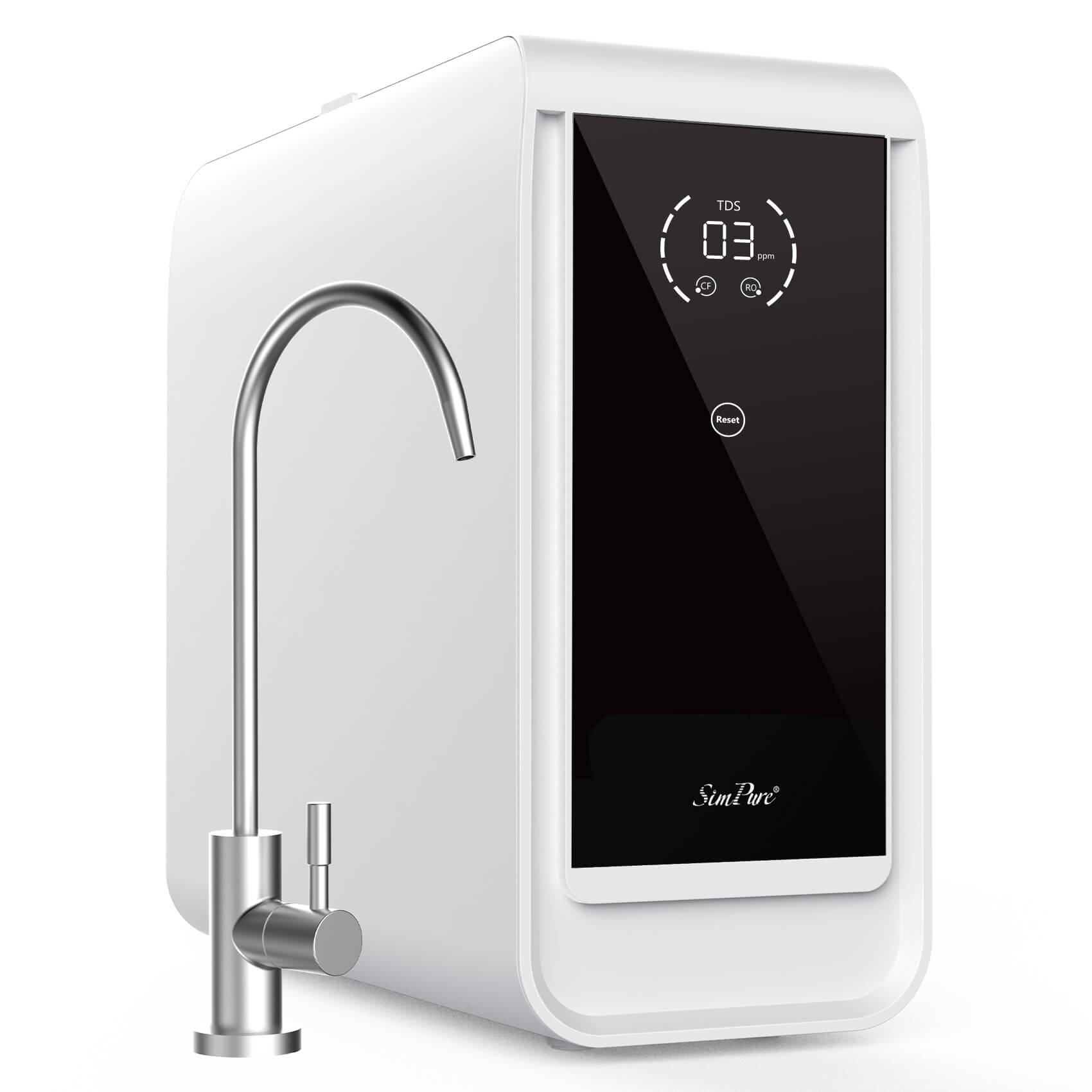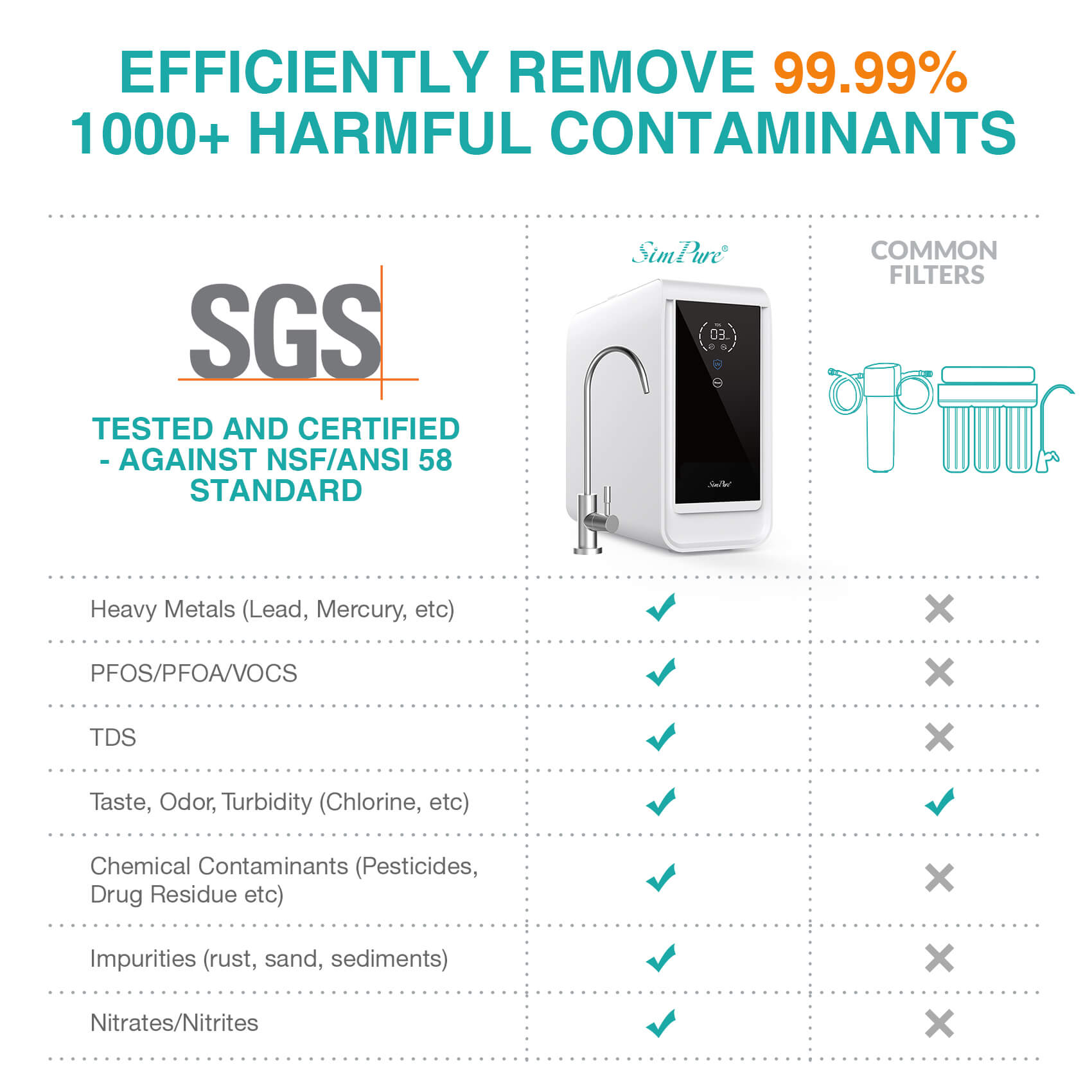Have you ever been confused that your skin feels sticky after a shower? Many people experience this puzzling sensation after showering, and it can be both uncomfortable and frustrating. The good news is that there are several reasons why your skin may feel sticky after a shower, and even better, there are practical solutions to address this issue. In this article, we will explore the common causes of sticky skin after a shower and provide you with effective solutions to help you regain that fresh and clean feeling.
Table of Contents
1. Residue from Soap and Detergent Can Be Left on the Skin
2. Body Washes Can Contain Thickening Chemicals and Oily Softeners
3. Inadequate Rinsing Can Occur Due to Sweating and Oily Skin
1. Residue from Soap and Detergent Can Be Left on the Skin
A common reason for experiencing sticky skin after showering is incomplete rinsing of cleansers, such as soap or body wash. These cleansing products often contain moisturizers, oils, or other ingredients that can leave a residue on your skin if not thoroughly rinsed. And this residue can result in a tacky or sticky feeling on your skin.
Solution: To resolve this issue, it is crucial to thoroughly rinse off cleaning products with enough water, ensuring to cover all areas, including hard-to-reach spots. And when using body wash, it is important to be mindful of the appropriate amount, as excessive use can make it challenging to rinse off effectively.

2. Body Washes Can Contain Thickening Chemicals and Oily Softeners
Body washes often contain oily softeners and thickening chemicals, such as sodium lauryl ether sulfate (a light yellow paste), ammonium lauryl sulfate (known for its excellent thickening properties), and ethylene glycol distearate (used as a pearlizing agent to increase product viscosity). When these thickening chemicals are applied to the skin, they have a tendency to adhere quickly and impart a silky texture, making it feel as if it cannot be easily rinsed off and making you feel sticky. At the same time, oil-based softeners can adhere to the skin surface to form a stable oil film to maintain the skin, which may make your skin feel sticky.
Solution: If you consistently experience a sticky sensation when using body washes containing thickening chemicals, consider trying an alternative that's either formulated to be lighter. Additionally, it is important to avoid using an excessive amount of body wash. And after application, make sure to thoroughly rinse your body, paying particular attention to areas prone to residue buildup, such as the armpits, groin, and behind the ears.
3. Inadequate Rinsing Can Occur Due to Sweating and Oily Skin
If you tend to perspire heavily or have active sebum production, you may experience increased oiliness. After showering, if you don't thoroughly wash away the oil or sweat from your body, it can leave a sticky sensation. This is because when sweat combines with any residual dirt, bacteria, or products on the skin's surface, it evaporates and leaves behind a sticky residue. Additionally, the skin's natural oils can intermingle with environmental pollutants, sweat, and residue, further contributing to the sticky feeling.
Solution: To alleviate the sticky feeling on your skin after showering due to sweating and oily skin, you can consider using oil control products specifically formulated for oily skin. These products can help reduce excess oil production and minimize stickiness. If you don't observe significant improvement with these methods, it may be advisable to seek guidance from a doctor who can recommend oil-controlling medications to help alleviate the symptoms.
4. Hot and Humid Weather Slows down Sweat Evaporation
In hot and humid weather, the air is already saturated with moisture, which hinders the efficient evaporation of sweat. As a result, the rate at which sweat accumulates on the skin surpasses the rate at which it evaporates, leading to a rapid build-up of sweat and ultimately causing a sticky sensation on the body after bathing.
Solution: To address the issue of sticky skin after showering in hot and humid weather, you can take the following solutions. Firstly, create a cool and low-humidity environment by using air conditioners, fans, or opening windows. Secondly, consider opting for lukewarm or slightly cooler showers instead of hot showers, as this can aid in lowering body temperature and reducing sweating. Lowering the temperature and humidity levels can promote sweat evaporation and minimize stickiness, while a cool shower can help cool down the body.
5. Hard Water Showers Can Make Your Skin Feel Sticky
Hard water can make your skin feel sticky because it contains higher levels of minerals, such as calcium and magnesium ions. These minerals react with the soap or body wash you use during your shower, forming soap scum or saponification. This soap scum adheres to your skin and creates a sticky residue. Additionally, this film is not easy to rinse off completely, even after rinsing off the soap or body wash, a thin layer of residue may linger on the skin, resulting in the sticky sensation.
Solution: To address the issue of sticky skin caused by hard water showers, you can consider installing a shower water filter for hard water. This filter can effectively remove chlorine, heavy metals, rust, sand, and sediment that can potentially harm your hair and skin with its 20-stage filtration system. One of the filter components is the resin filter layer, which can effectively soften the water. Additionally, using the high-output shower head water softener can provide a scalp and skin-friendly solution, which helps moisturize your skin and enhances your overall showering experience.
In conclusion, experiencing sticky skin after a shower can be attributed to various factors, including residue from soap and detergent, thickening chemicals and oily softeners in body washes, inadequate rinsing due to sweating and oily skin, hot and humid weather, and hard water. And SimPure hopes to help you have a fresh and clean feeling after every shower by considering some practical solutions. The causes mentioned above are some common reasons for experiencing sticky skin after bathing. You can refer to them for more information. However, if you are unsure or have any other questions, it's recommended that you consult a professional or doctor for the most professional help and advice.



